Here’s a collection of interesting menstruation facts covering biology, history, culture, myths, and more:
Menstruation, commonly known as a period, is a natural biological process experienced by individuals with a uterus, typically occurring between puberty and menopause. Despite being a fundamental part of human reproduction, menstruation is often surrounded by stigma, misinformation, and shame. It is crucial to shed light on this essential process not only from a biological standpoint but also from a social and emotional perspective.
The Biology of Menstruation
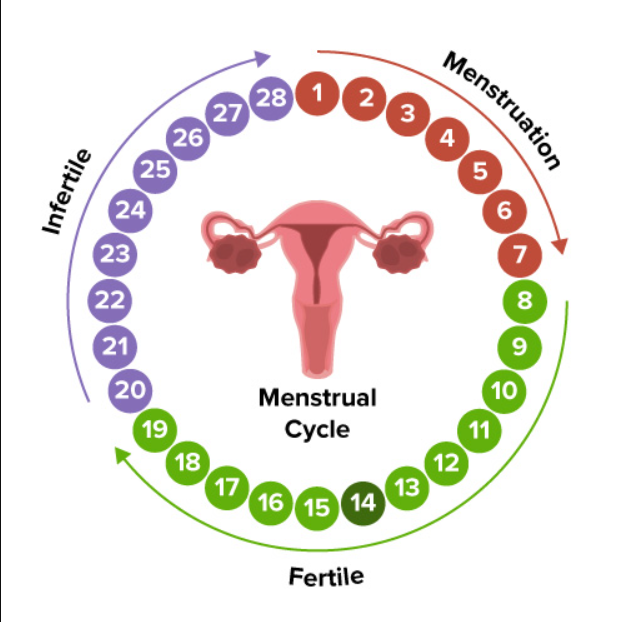
Menstruation is part of the menstrual cycle, a monthly process that prepares the female body for pregnancy. On average, a menstrual cycle lasts 28 days, although it can range from 21 to 35 days in adults. The cycle is regulated by hormones such as estrogen and progesterone, and consists of several phases:
- Menstrual Phase: This is when menstruation, or the shedding of the uterine lining, occurs. Blood and tissue exit the body through the vagina, typically lasting between 3 to 7 days.
- Follicular Phase: Beginning on the first day of menstruation and continuing until ovulation, this phase involves the development of follicles in the ovaries.
- Ovulation: Around the midpoint of the cycle, a mature egg is released from the ovary into the fallopian tube. This is the most fertile period.
- Luteal Phase: After ovulation, the body prepares for a possible pregnancy. If the egg is not fertilized, hormone levels drop, leading to menstruation.
Menarche, the first occurrence of menstruation, typically happens between ages 10 and 15. Menopause, which marks the end of menstruation, usually occurs between ages 45 and 55.
Common Menstrual Symptoms
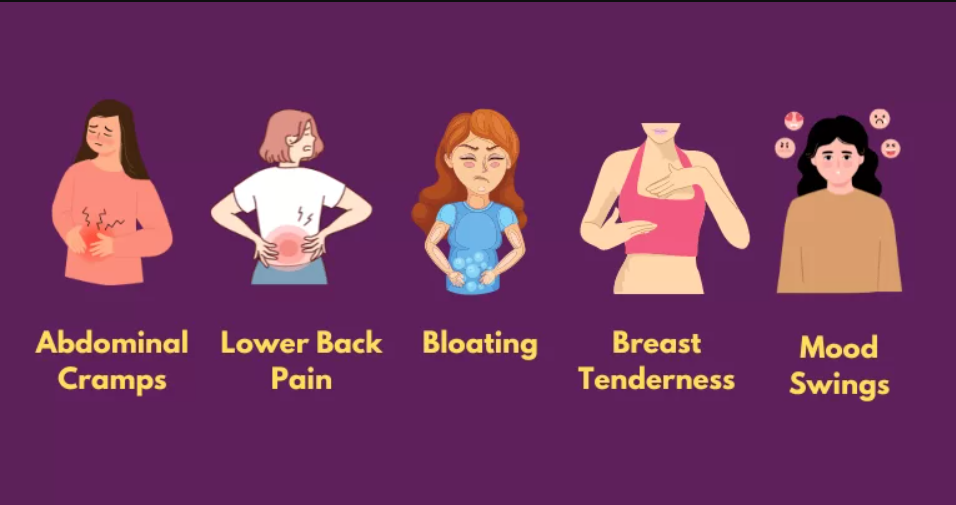
Menstruation can be accompanied by various physical and emotional symptoms, including:
- Cramps (dysmenorrhea): Pain in the lower abdomen due to uterine contractions.
- Bloating and breast tenderness.
- Mood swings, irritability, or mild depression.
- Fatigue and changes in sleep patterns.
- Headaches or migraines.
While these symptoms are common, some individuals experience more severe conditions such as premenstrual syndrome (PMS) or premenstrual dysphoric disorder (PMDD), which require medical attention.
Menstrual Hygiene and Products
Maintaining menstrual hygiene is essential for health and comfort. Several products are available to manage menstruation, including:
- Sanitary pads: Absorbent pads worn in underwear.
- Tampons: Cylindrical devices inserted into the vagina to absorb blood.
- Menstrual cups: Silicone or rubber cups inserted into the vagina to collect blood.
- Period panties: Special underwear designed to absorb menstrual flow.
Proper usage, disposal, and hygiene practices are vital. Changing products regularly and washing hands before and after handling them helps prevent infections.
Myths and Taboos Around Menstruation
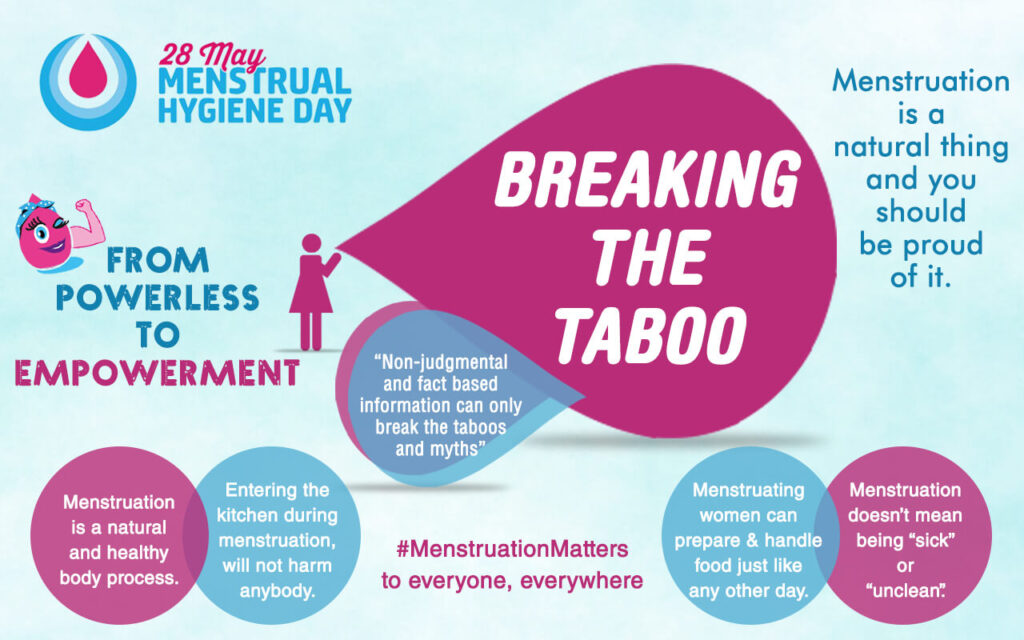
In many cultures, menstruation is shrouded in secrecy and taboos. Common myths include:
- Menstruating individuals are “impure” or “unclean.”
- Physical activity or bathing during menstruation is harmful.
- Menstruating individuals should not enter places of worship or cook food.
These misconceptions have contributed to stigma, embarrassment, and even discrimination. In some communities, girls miss school during their periods due to lack of access to menstrual products or sanitary facilities. In extreme cases, they may be isolated or restricted from participating in daily life.
The Importance of Menstrual Education
Comprehensive menstrual education is essential for breaking the cycle of shame and misinformation. Education should begin early and include both boys and girls to promote empathy, respect, and awareness. Key components of menstrual education include:
- Understanding the biology of the menstrual cycle.
- Recognizing normal and abnormal symptoms.
- Teaching hygienic practices and the proper use of menstrual products.
- Challenging harmful myths and social taboos.
Schools, communities, and governments must work together to provide accessible and accurate menstrual health education.
Menstrual Health as a Human Right
Access to menstrual products, clean water, sanitation, and education is a basic human right. The term “period poverty” refers to the lack of access to these essentials, affecting millions of individuals globally. Consequences of period poverty include:
- School and work absenteeism.
- Increased risk of infection.
- Mental health challenges due to shame and social exclusion.
Many governments and NGOs are now working to address menstrual inequality. Efforts include providing free menstrual products in schools and public spaces, reducing taxes on sanitary products (often called the “tampon tax”), and launching public awareness campaigns.
Menstruation and Mental Health

Menstruation doesn’t only affect the body—it also impacts mental and emotional well-being. Hormonal fluctuations during the menstrual cycle can trigger mood changes, anxiety, and depression. For individuals with pre-existing mental health conditions, symptoms may worsen during certain phases of the cycle.
It’s essential to recognize and validate these emotional experiences. Tracking menstrual cycles can help identify patterns and manage symptoms. Counseling and medical support should be accessible to those experiencing significant emotional distress related to their cycles.
Inclusivity in Menstrual Discourse
It’s important to remember that not all women menstruate, and not all who menstruate are women. Transgender men, non-binary individuals, and intersex people may also experience periods. Inclusive language and policies ensure that all menstruating individuals receive the care, respect, and resources they need.
Efforts toward inclusivity include:
- Gender-neutral packaging and advertising for menstrual products.
- Education materials that reflect diverse experiences.
- Healthcare training that considers the needs of trans and non-binary patients.
Changing the Narrative
Normalizing conversations about menstruation is key to breaking the silence. Open discussions at home, in schools, and in public spaces help reduce stigma and foster a supportive environment. Some positive steps include:
- Media campaigns and celebrity endorsements that talk openly about menstruation.
- Art, literature, and documentaries exploring menstrual experiences.
- Menstrual health advocates sharing their stories and championing change.



















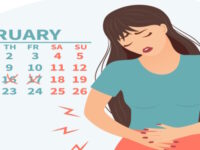















































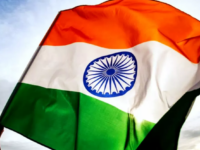

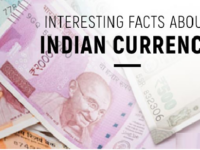







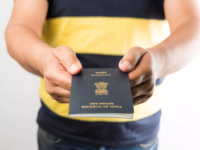










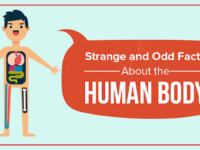














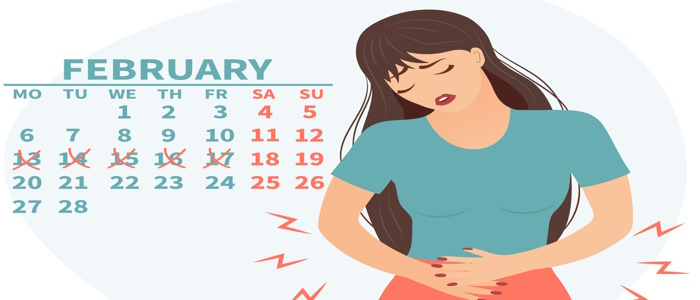
0 Comments